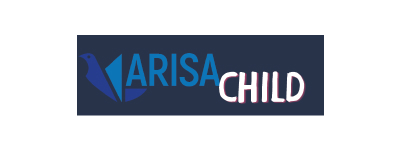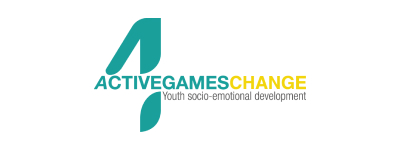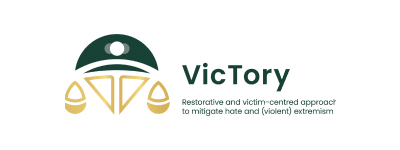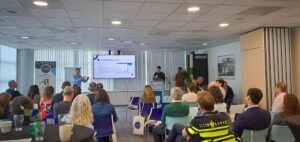Fostering capacity-building of professionals working with institutionalized youngsters and sharing best practices in Europe are the goals of a new transnational European initiative partnered by IPS_Innovative Prison Systems.
However, for the millions of children interacting with justice systems around the world, the reality is that justice institutions are not always equipped to fulfil their fundamental rights and needs.
Staff training as a crucial foundation to ensure the rights of sentenced yougsters
The European Judicial Training Strategy 2021-2024 specifically highlights
the training of correctional (prison and probation) staff as a cornerstone for
the respect for fundamental rights during detention and ensuring successful
rehabilitation. Furthermore, it underlines the rights of children as one of the
areas that require both specialised training and coverage.
At the European Union and international levels, several documents, such as the Council of Europe Guidelines on child-friendly justice and the EU Strategy on the Rights of the Child, also pinpoint the need for increased awareness regarding child-friendly training of prison and probation staff. And such training should encompass the before, during, and after of judicial proceedings, and prison and probation events.

Unfortunately, the number and diversity of training courses, e-learning modules, and resources directed at front-line personnel working in correctional settings dealing with juvenile offenders remain low. Accordingly, dedicated training platforms lack courses tailored to this group of professionals and add to an overall reduced number of training materials on child-friendly justice and children’s rights. Ultimately, this creates a worrying gap between declaration of intent, policy, and practice.
ARISA Child: A new initiative dedicated to improving child-friendly justice across Europe
Finally, and building on the first two steps, ARISA Child will provide professionals who work with institutionalized youngsters with a state-of-art online training course. The programme will focus on enhancing the capacity of front-line personnel to work with the children in their care and contribute to their successful reintegration into society.
Know more about this project

ARISA Child
Assessing the Risk of Isolation of Sentenced and Accused: Enhancing the Capacity of Correctional Services to Work with Convicted Children
The consortium developing this initiative is led by the Center for the Study of Democracy (Bulgaria), and partnered by IPS_Innovative Prison Systems (Portugal), the Centre for European Constitutional Law (Greece), Antigone (Italy), the Centre for the Study and Prevention of Crime (Spain), and the General Directorate Execution of Sentences (associated partner, from Bulgaria).
To know more about ARISA Child, please visit the project’s page.
Related projects

Active Games 4Change
Sport and physical activity learning environment for citizenship, emotional, social and e-competences training

EIGEP
European Interaction Guidelines for Education Professionals when working with Children in Juvenile Justice Contexts

FRAME GANG
European Framework of Competences for Community Professionals in Gang Environments

FUTURE-ART
Sentinels of the Future: Together to Eradicate Human Trafficking

IN2PREV
Law enforcement and community cooperation and training approach to prevent radicalisation by ensuring refugees’ successful inclusion

PREVEX
Preventing Emotional and Sexual Abuse Among Young People

REFUGIN
Communitarian approach for a holistic young refugee long-term integration

REUNION
Rehabilitation of foreign inmates within the scope of FD 2008/909/JHA

VicTory
Restorative and victim-centred approach to mitigate hate and (violent) extremism
Related news

JUSTICE TRENDS Magazine Launches 14th Edition: Expanding the Frontiers of Rehabilitation Support
Read More »
Pioneering new approaches to the integration of people who have been sentenced: Key insights for correctional professionals across Europe
Read More »
Older women in prison: Exploring intersectional vulnerabilities and sharing insights with the scientific community
Read More »
Building pathways to crime prevention through Community Policing and Rehabilitative Justice
Read More »



